Corey Ellis shares how lessons learned from The Growcer’s largest setback was essential to moving forward
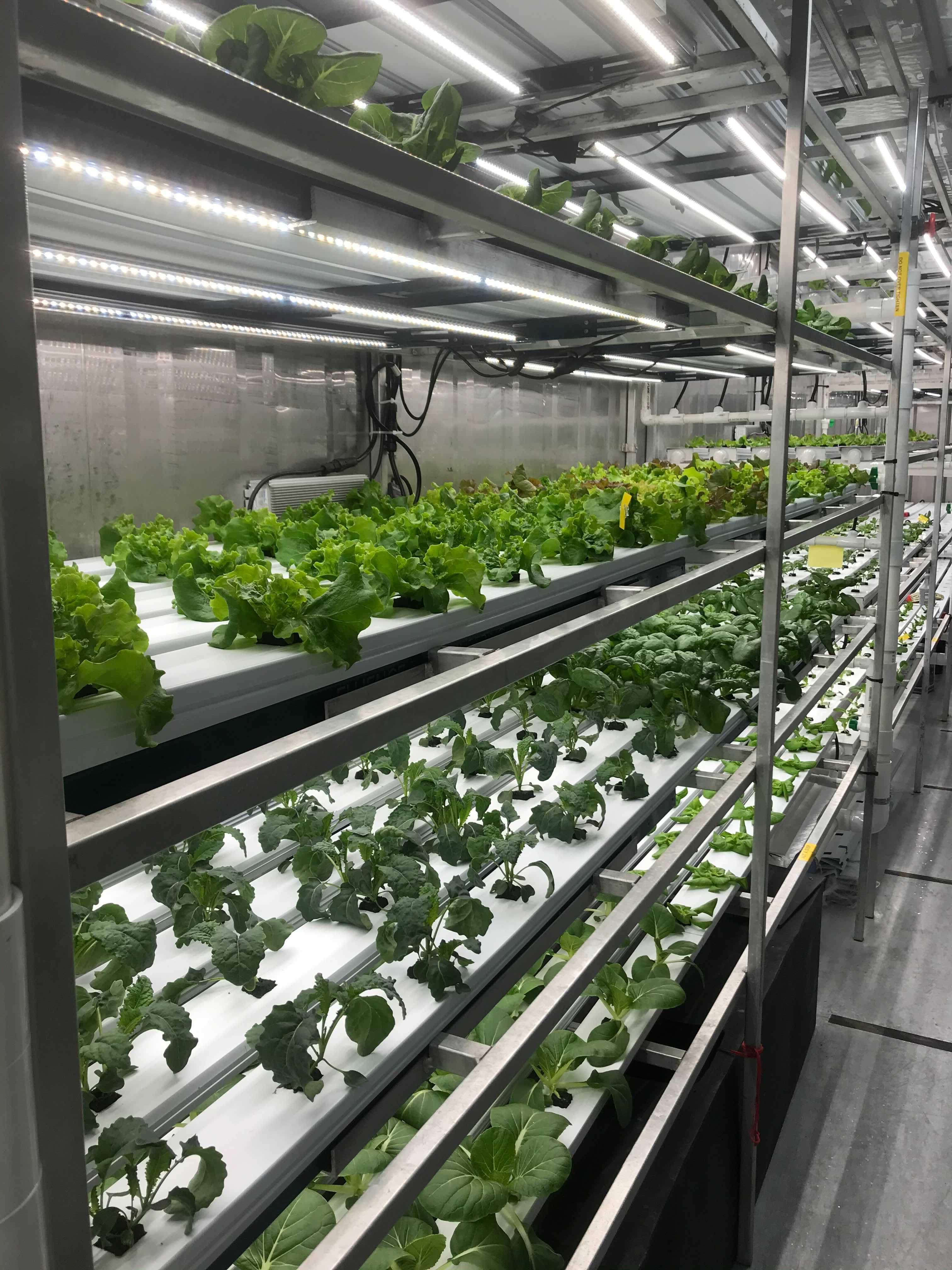
In the span of one meeting, I watched six months of work go down the drain. The experience was a wake-up call and helped turn me into a better entrepreneur.
The beginning
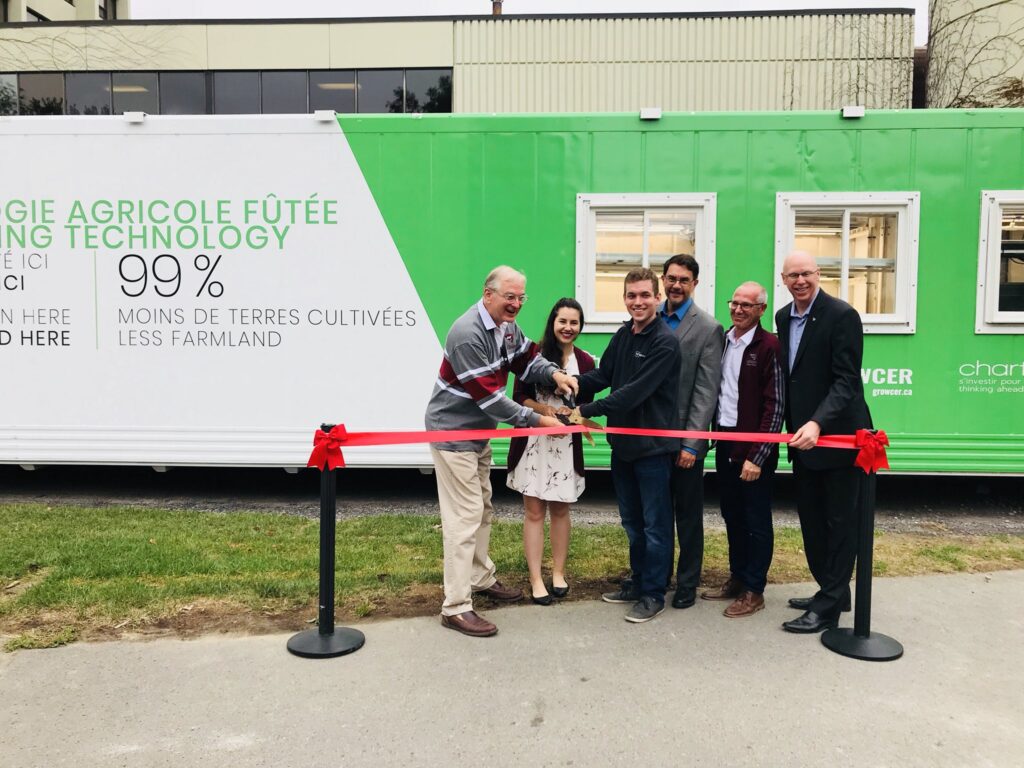
When The Growcer started, my co-founder Alida Burke and I were still students at The University of Ottawa. At the time I felt, “Even if this doesn’t work out, I’m still a student – I have nothing to lose”.
Back in 2015 we looked at the landscape: Sustainability was becoming more important; northern and Indigenous issues such as food insecurity were coming to the forefront; and the indoor growing technology we hoped to use was still young.
Fast forward six years and the end result was a company that partners with communities across Canada to grow fresh produce locally through modular hydroponic farms. The plug-and-play 40-foot container farm grows all kinds of leafy greens inside, from spinach to basil, year-round, in any climate. But the path forward was far from a straight line.
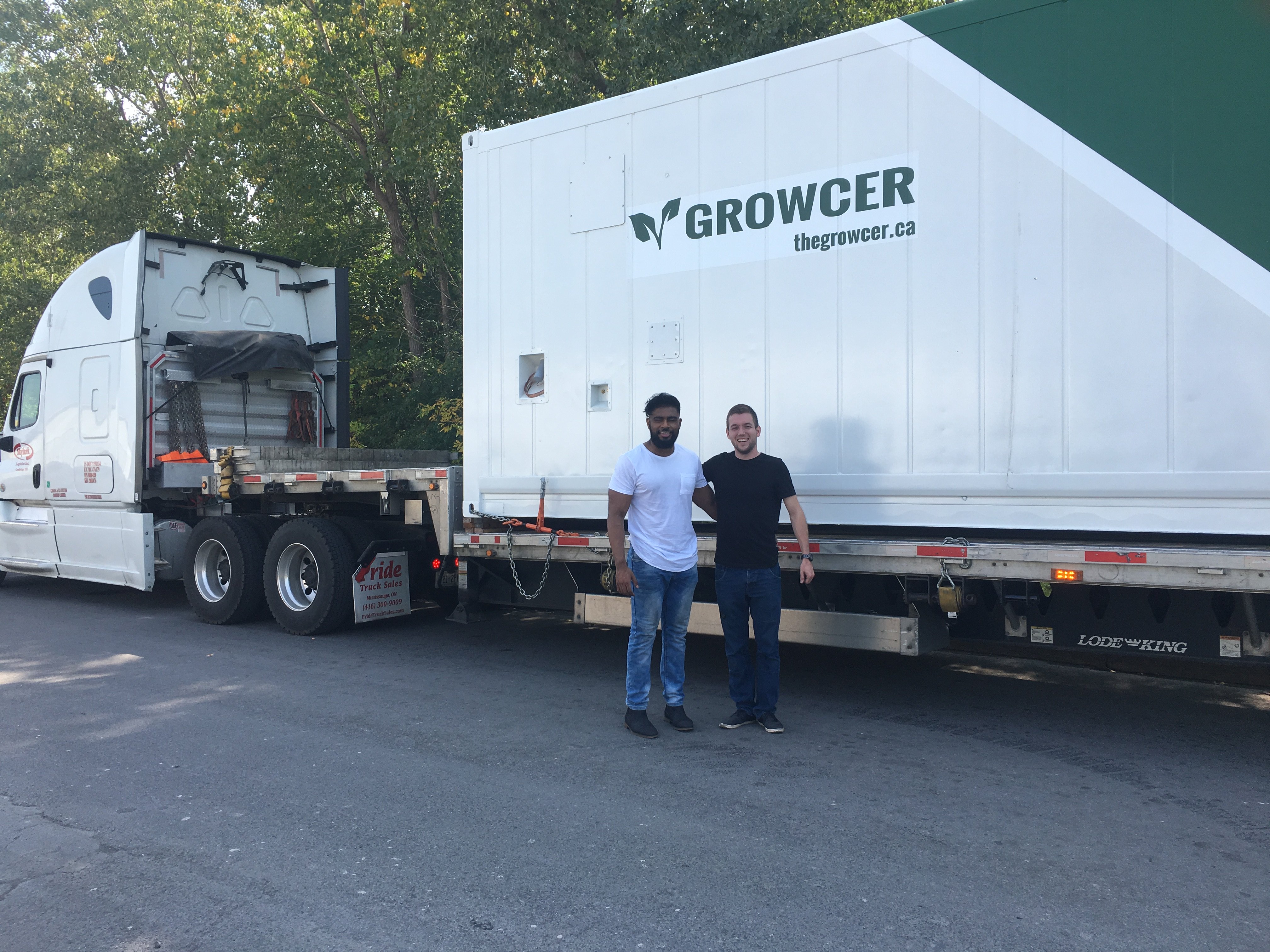
Survival mode
In our first year, like every start-up entrepreneur, I was in constant survival mode: Working ridiculously long hours and bootstrapping the business.
We weren’t relying on any outside capital to grow our company, but instead cobbling together a few hundred dollars at a time from grants and pitch competition winnings. While this work ethic got the job done, it also distracted us from seeing the bigger picture.
In 2017, after a year of building the foundation of our business, we were finally having conversations with two northern communities who could potentially be our first two customers. For what seemed like the nearest prospect, we had already spent six months with a non-profit partner, expecting to launch a Growcer farm in their community. I helped write their business plan and we even got the project successfully funded through a combination of government grants and investors. Everything seemed to be going according to plan.
Once the project was successfully funded, we began ordering and building the container farm so we could be prepared to ship on time. All we needed was for the paperwork to get signed and this would be our first official sale.
Anything that can go wrong in a startup usually does. And that’s exactly what happened. At the board meeting where the final papers were to be signed, we found out that the non-profit lost the core funding they were relying on. Not only was our project a no-go, but their staff had to be laid off as well. The half a year we spent planning this project vanished in an instant.
As the only member of a one-person sales team, I didn’t have any backup plans and had to start at the beginning with what to do.
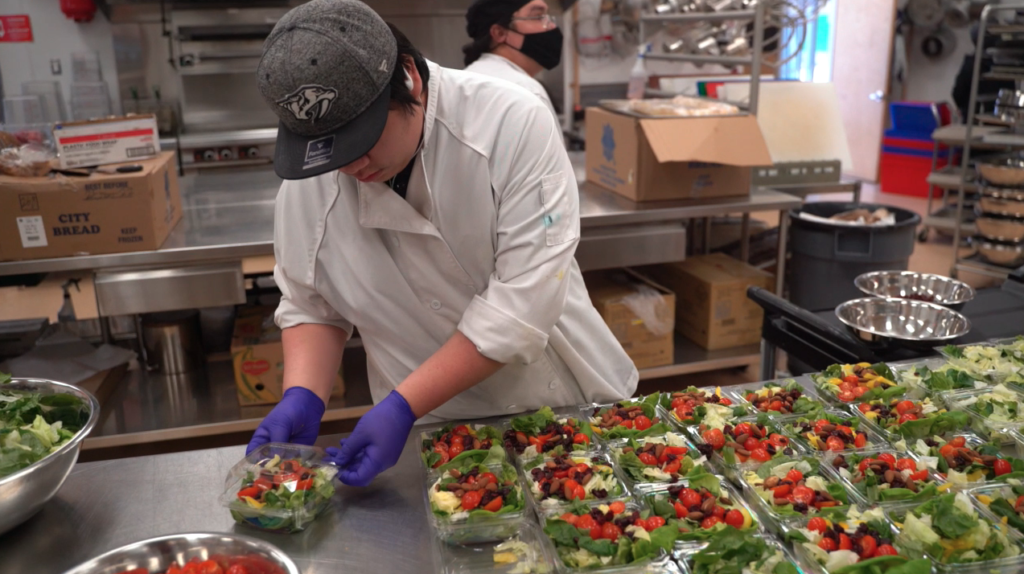
What I learned
First, I took too much ownership over the process and didn’t take the time to understand the decision-makers attached to the project. Second, we didn’t value the work we were putting in to help plan the project. We ended up putting in several months of work without compensation because we believed in what we were trying to do with the project. Third, I didn’t do my due diligence on how to structure the deal and plan for when things would inevitably go wrong. Contingency planning and proper paperwork are essential foundations that I learned about too late.
On a personal note, Alida and I had also hired our first two employees and two co-op students at the time. It was a major disappointment to have the opportunity slip through our fingers and put us in a tight spot to get through the next six months.
It also taught us a larger lesson – that we were in survival mode for too long and it was time to slow down. I was so involved in the details of closing that single deal that I didn’t notice the larger picture or take time to question if we were doing the right things to move the business forward.
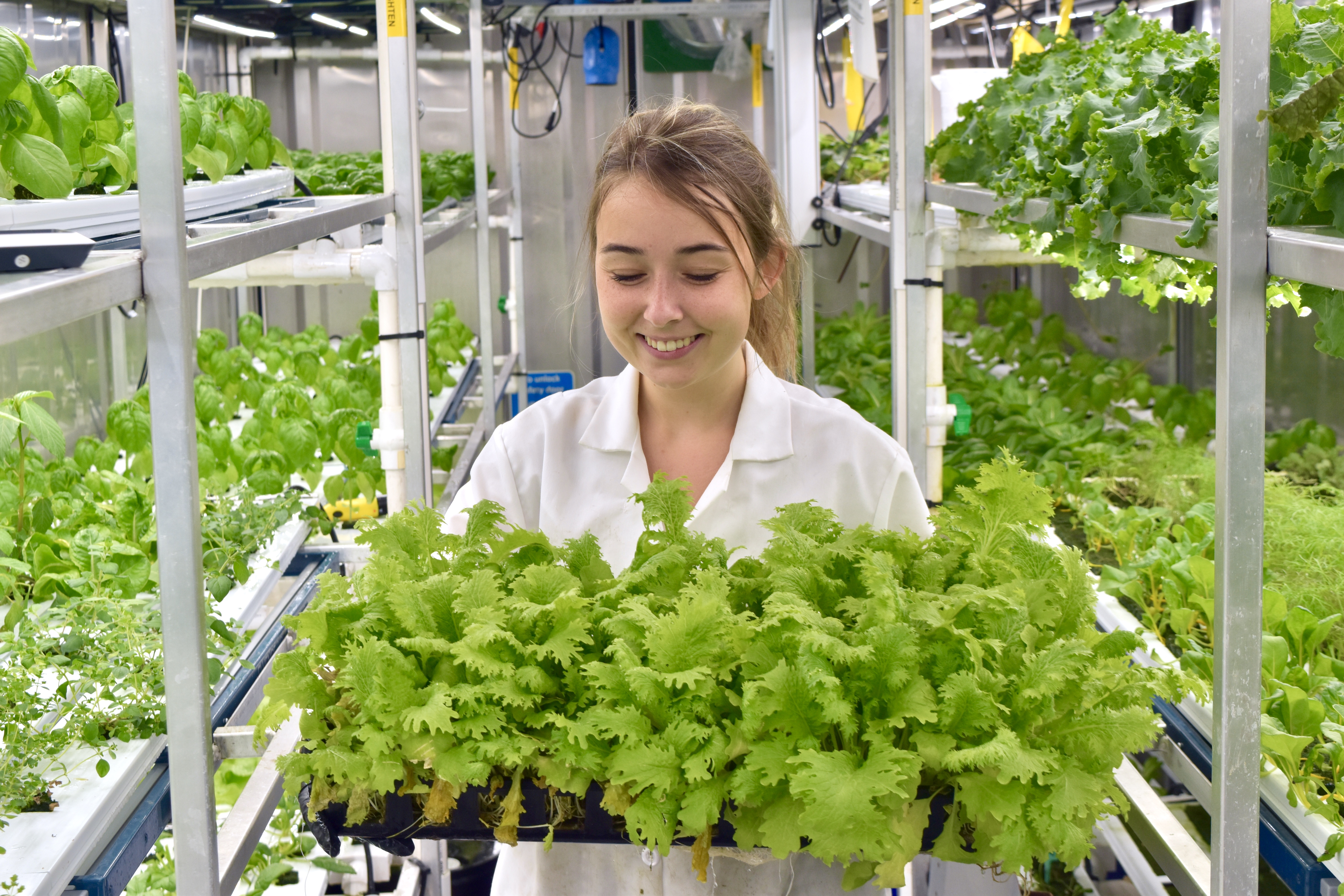
I was fortunate to have mentors that asked the right questions and who pulled me out of the weeds of the day-to-day. They weren’t involved in the daily operations of the business, so they were able to provide valuable perspectives and question my underlying assumptions.
We eventually managed to sell our first Growcer farm in 2017 to the other northern community we were talking to, the Churchill Northern Studies Centre in Churchill, Manitoba. However, it took a year after that before we made our second sale in 2018. After the second sale, things started to line up and we partnered with several communities in Northern Canada, from Kuujjuaq to Yellowknife.
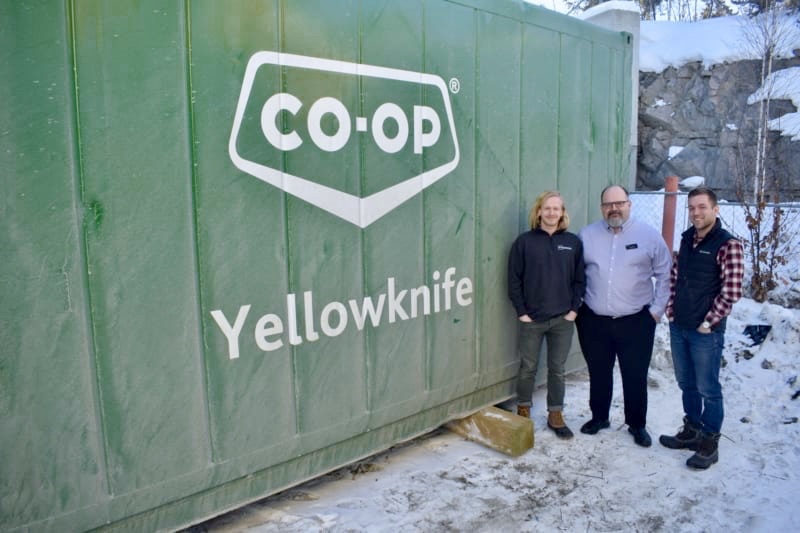
As we started to grow, it was clear that our team couldn’t all be rowing. Someone had to point the ship. Even though we were solving the well-known problem of food insecurity, we weren’t dealing with a known market for a known solution. Strategy was crucial.
As a co-founder, it was tempting to want to do it all, but you’re more useful to the business when you ask the big questions. Hiring employees also helped free Alida and me up for larger tasks.
Now as CEO, I focus on the external facing functions like sales, business development, strategy, funder and partner relationships, while Alida focuses on the internal operations as COO. I like to say I make the promises and Alida figures out how to fulfill them. We play to our strengths and balance each other out as co-founders.
Validation for what we were building
The impact of what we do at Growcer remained at the core of our business even as we started selling more growing systems and hiring more people.
In March 2019, after installing farms at the University of Ottawa and Acadia University, we partnered with Chartwells Canada to launch more Growcer container farms on campuses. With Growcer, schools are able to grow greens directly on campus using 95% less water and land, while providing safer, traceable produce for students.
By September 2019, we had officially shipped our 20th container farm. In March 2020, we redesigned our flagship product and upgraded our supply chain to be more sustainable and in line with the business we wanted to be. By the end of 2020, we had a team of 17 people.
However, the first job posting we ever shared remains a highlight for me. When people started responding to it, it was surreal and validated what we were building. I couldn’t believe people wanted to work for us.
Five years later, The Growcer partners with more than 20 communities – from northern hamlets to dense cities – to grow nutritious greens hyper-locally using our modular farms. Food can be an extremely impactful avenue, not just for local economies but also wellness.
For the operators of Growcer farms, the impact is life-changing. I’ve seen countless times when someone’s decision to become a container farm operator shifted their entire career trajectory. At Growcer, we are fortunate to get to watch as they grow into their new lifestyle, master the challenge of keeping plants healthy, and ultimately, take pride in providing fresh food to their local community. Today, thanks to the hard work and dedication of all the community operators, more than a million servings of produce grown with Growcer have been served.

Final advice
When Growcer first started, we wanted to use aquaponics to grow food, which would mean fish waste would be recycled to feed plants growing indoors. Not only did we have to find how to keep plants alive we also had to find how to keep fish alive. In the end, we cut out the fish, and decided to keep it simple.
Starting a business is complicated enough: Distill your idea into its simplest form.














